Dry Conditioner: Complete Guide To Smooth, Nourished Hair
The best way to revitalize and refresh dry, frizzy, or greasy locks without any hassles!
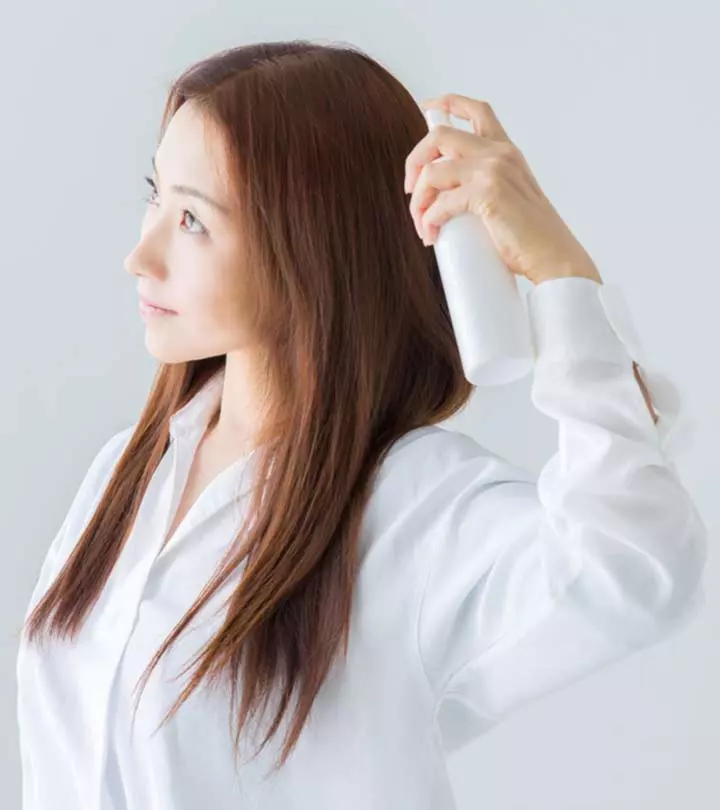
Image: Shutterstock
Dry conditioners are your saviors on hectic days. They can revive the look of your dry and frizzy locks and give your hair a fresh look. These hair care products are loaded with nourishing ingredients that help condition your dry and frizzy hair without leaving a greasy feel. They also are lightweight, have a quick-absorbing formula, and can keep your hair silky and soft.

This article explores how dry conditioners work, how you can use them, and why you should include them in your hair care routine in the first place. Keep reading.
In This Article
What Is A Dry Conditioner?
Unlike traditional conditioners, dry conditioners have a dry formula that is lightweight and directly sprayed onto the hair. They nourish and moisturize the hair without a sticky residue and can be left in the hair without having to wash out! Dry conditioner sprays have a mist-like formula that does the job and evaporates! Here is the science behind it.
Key Takeaways
- Dry conditioners come in aerosol formulations that help smoothen and moisturize the hair without water.
- The silicones in dry conditioners help reduce the frizz, minimize heat damage, and add shine to your hair.
- Overusing dry conditioners may affect your scalp and hair health, leading to issues like hair fall.
How Do Dry Conditioners Work?
Regular hair conditioners contain silicones and nourishing oils that coat the hair to reduce static and seal moisture in the strands, making the hair smooth.
Dry conditioners do the same job without water! Most of them contain ingredients similar to regular conditioners, except that they come in aerosol formulations. They are much more lightweight than a usual conditioner. While they can’t replace the traditional conditioner, but may help maintain your hair before and after a wash. When sprayed onto your hair, dry conditioners instantly smoothen and moisturize the hair without weighing it down.
The ease of use makes dry conditioners versatile hair care products, suitable for all hair types. There are multiple benefits of using a dry conditioner.
Advantages Of Using A Dry Conditioner
Depending on the formulation, dry conditioners may have the following advantages:
1. Makes The Hair Manageable
Dry conditioners contain silicones to minimize frizz, smoothen the strands, and prevent heat damage. Silicones add shine to your locks and keep them manageable.
2. Better Heat Styling
You can use dry conditioners to prep your hair before heat styling. The nourishing ingredients and the silicones help minimize heat damage and impart a healthy shine to your tresses. It also makes your hair softer and easier to manage when heat styling.
3. Hydrates Dry Hair
A dry conditioner is a quick fix for dry and damaged hair. The nourishing formula of the conditioner can instantly moisturize hair, revitalizing dry strands without leaving an oily residue. You can use it whenever you feel your hair is getting dry. However, this is not a permanent solution. You need to follow a proper hair care regimen to prevent dry hair.
Mae Sitler, a YouTuber, talks about her experience of using dry conditioner on her hair. She shares that she is glad to get introduced to this product as it works very well for her hair. She states, “I have naturally dry coarse color treated hair so this really just adds shine to my hair and makes it softer (i).
Compared to regular conditioners, dry conditioners are convenient to use. If you are still debating whether or not you need to add a dry conditioner spray to your hair care collection, here are some reasons you should use one.
Are Dry Conditioners Fit For You?
Dry conditioners can help if:
1. You Are Always In A Hurry
If you often find yourself traveling and barely have time for a structured hair care routine, a dry conditioner can be your BFF. Keep a dry conditioner handy for surprise events or to keep your hair looking great on the go.
2. You Have Curly Hair
Curly hair is fragile and requires more moisture and protection. A dry conditioner can keep the strands hydrated, reduce frizz, and improve manageability without stickiness. It is a great way to nourish your hair between washes.
3. You Have Dry Or Damaged Hair
Dry or damaged hair lacks moisture and requires extra care. Luckily, a dry conditioner spray between washes can provide extra nourishment and moisturization to the hair and keep it smooth.
4. You Constantly Style Your Hair
A dry conditioner can prolong your hairstyle and help maintain the look for long events or even during holidays. When using a dry conditioner, you can skip washing your hair for a few days, thus maintaining your hairstyle. However, always make sure not to add too much of it, as you don’t want to coat the hair cuticles with excess product.
 Pro Tip
Pro TipRead on to know how you should use a dry conditioner on your hair.
How To Use A Dry Conditioner
You can use dry conditioners based on your wash cycle and how often your hair feels dry. Follow these three simple steps to use them:
1. Prep Your Hair
Prep your hair with a dry shampoo to clean any grease that could have gathered between washes. Brush or comb your hair to remove knots and tangles.
2. Spray The Conditioner
Spray the dry conditioner from the middle of your hair length until the ends. Do not spray it on your roots as it could weigh your hair down.
 Pro Tip
Pro Tip3. Style Your Hair
Comb your hair to ensure even application and style your hair.
Using a dry conditioner is easy. Here are a few nifty tips that can make it easier.
Tips For Dry Conditioner Users
- Check the ingredients in your dry conditioner before buying. Avoid products that contain parabens, polyethylene glycol, fragrances, and any ingredient you are allergic to.
- Go easy on conditioners to avoid weighing down your hair. However, each hair type differs in the way it absorbs moisture and how much it can absorb. If you have dry hair, feel free to use more product, and if you have relatively oily hair, a few spritzes are fine.
- Dry conditioners are a quick fix for dry hair and emergencies when you do not have an option to wash your hair. Do not depend on them or overuse them. To maintain healthy hair, you will still need your regular conditioner, hair masks, a thorough hair care routine, and a healthy diet.
Excessive use of dry conditioners can affect your scalp and hair health. Here are some cons you should watch out for.
The Drawbacks Of Dry Conditioners
- Aerosol Effects: Aerosols can be toxic to the environment. The chemicals in the product may contaminate the water, soil, and other natural elements.
- Buildup: Dry conditioners can lead to buildup, catching grime and dust on the scalp and hair. This may make the hair dull and frizzy and cause hair fall.
Many people think that a dry conditioner can be used as a dry shampoo. They use them interchangeably and do not see the expected results. Learn how these two products vary below.
Dry Conditioner Vs. Dry Shampoo
A dry shampoo is designed to absorb excess oil and refresh the scalp, making your hair look and feel cleaner between regular hair washes. It is mainly used to reduce greasiness and add volume to your tresses. A dry conditioner is formulated to add moisture, smoothness, and shine to dry or frizzy hair. It may also help detangle and soften your locks without the need for water. While a dry shampoo addresses oiliness, a dry conditioner provides hydration and manageability, especially for dry or damaged hair. Though both products are valuable additions to your hair care routine, it is essential to use them for their intended purposes for best results.
In summary, dry conditioners have a mist-like consistency that moisturizes and replenishes your hair without leaving any sticky residue. It is a life-saver for those days when you cannot wash your hair but need to. These dry conditioners make your hair manageable, smooth, and easy to style. While it can be used as a stand-in conditioner, it cannot replace a regular conditioner. So, you should wash and condition your hair regularly. However, if you have curly or dry and damaged hair that you can’t wash too often, then a dry conditioner is your best friend.
Frequently Asked Questions
How frequently should I use dry conditioner?
Dry conditioner can be used as needed, typically every 2-3 days, to add moisture and smoothness between washes without weighing hair down.
Does dry conditioner cause hair loss?
Dry conditioner does not directly cause hair loss. However, overusing it may lead to buildup, clogged follicles, and sticky texture, leading to hair loss.
Is dry shampoo and dry conditioner the same thing?
No. Dry shampoo is used to absorb oil from your hair, remove greasiness, and give it some volume. Dry conditioner is used as a quick styling solution to moisturize and liven up your hair.
Can dry conditioner cause baldness?
There is no scientific evidence that claims dry conditioners can cause baldness.
Wondering if dry conditioner should be part of your hair care routine? Without a doubt! The video below demonstrates how to effectively incorporate dry conditioner into your hair care regimen for instant shine and softness. Check it out!
Personal Experience: Source
StyleCraze's articles are interwoven with authentic personal narratives that provide depth and resonance to our content. Below are the sources of the personal accounts referenced in this article.
i. How to Use Dry Conditioner (Do you actually NEED it?!)https://www.youtube.com/watch?v=fxG25q_Gct4
Read full bio of Tory Well
Read full bio of Ramona Sinha
Read full bio of Anjali Sayee
Read full bio of Swathi E






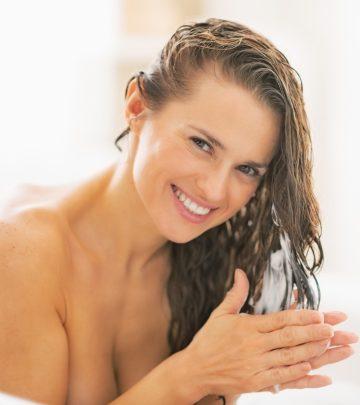
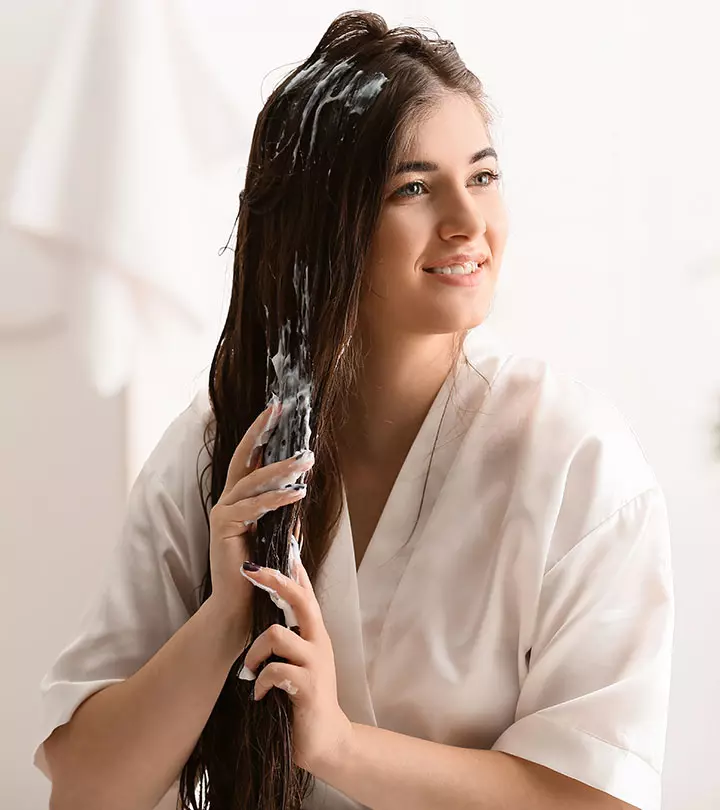
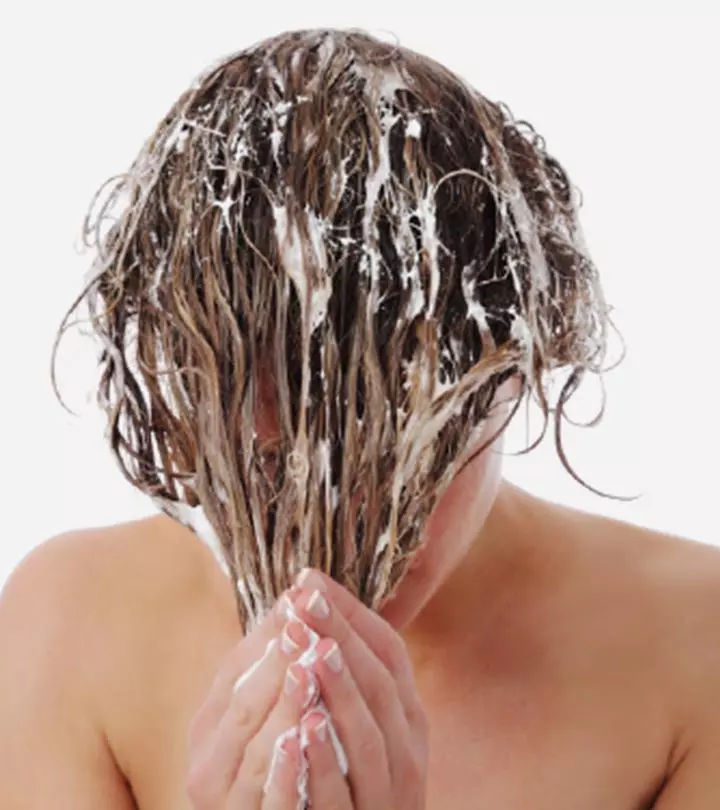
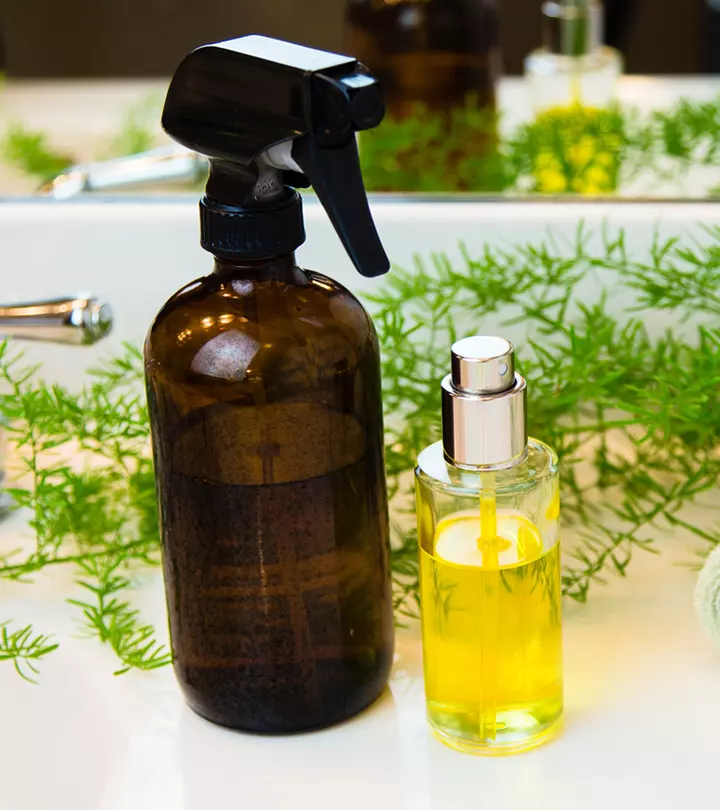
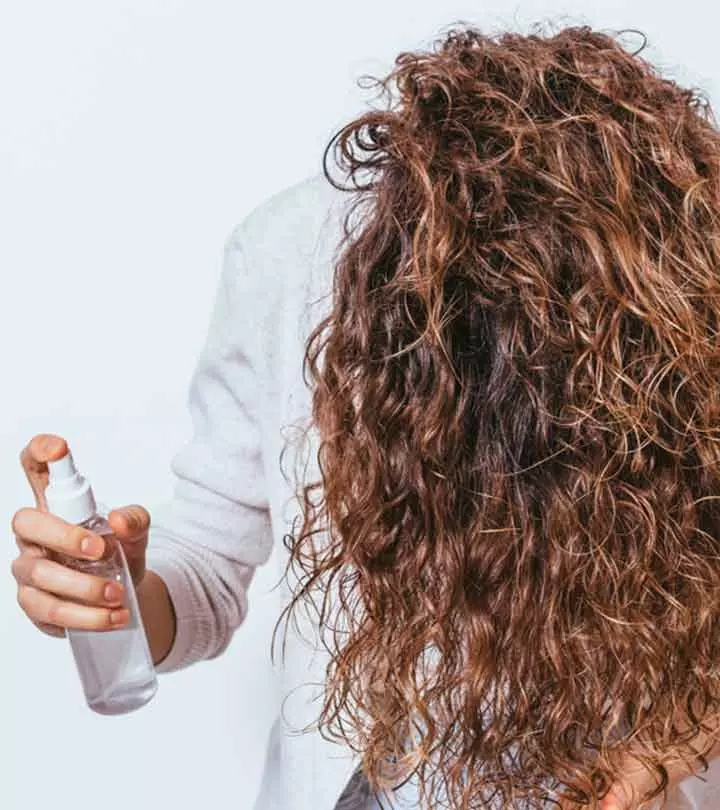
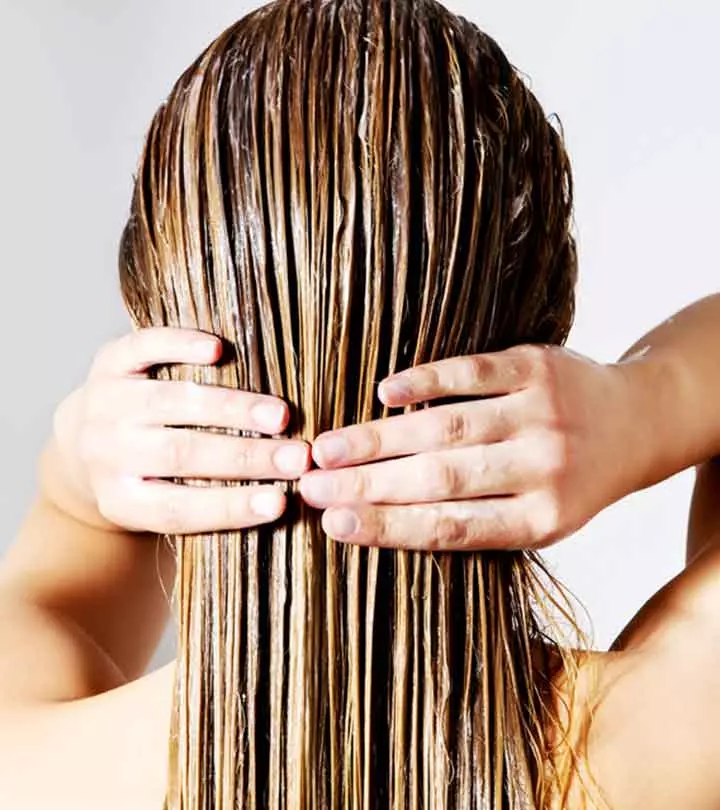

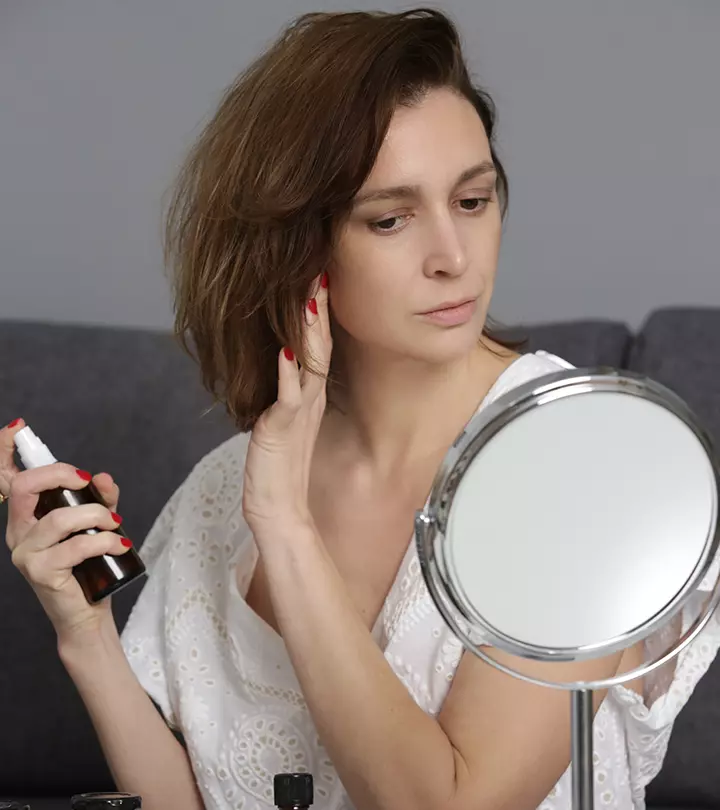
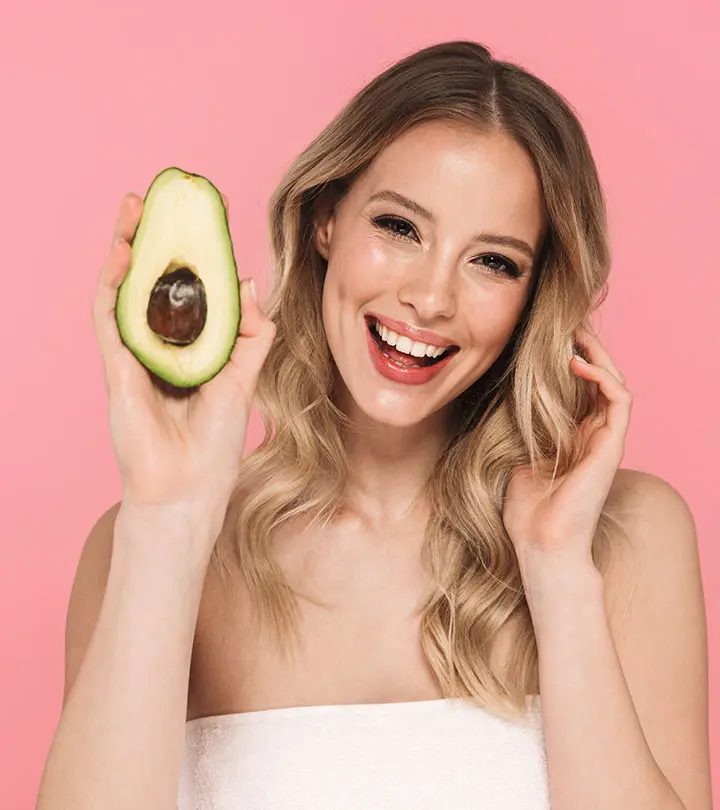

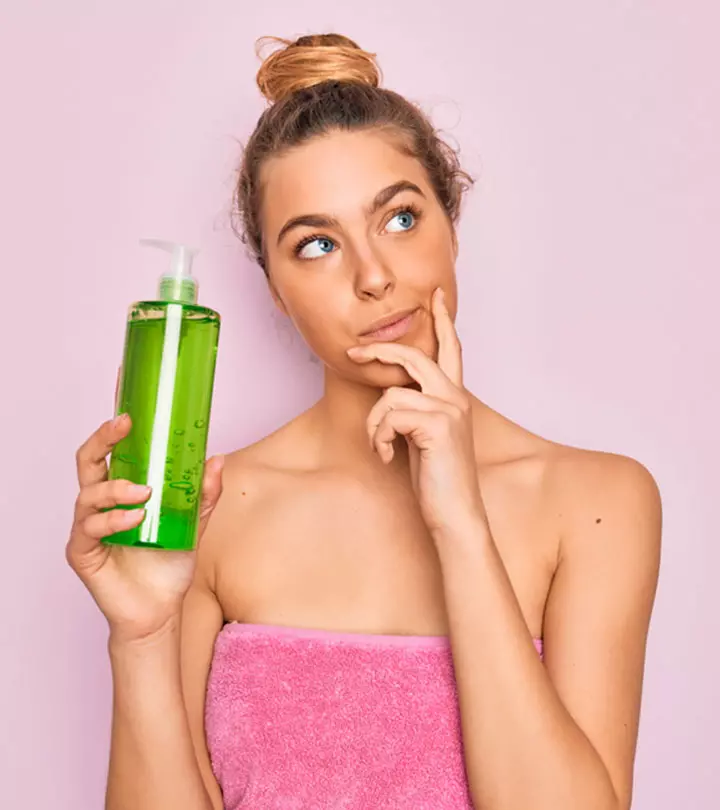
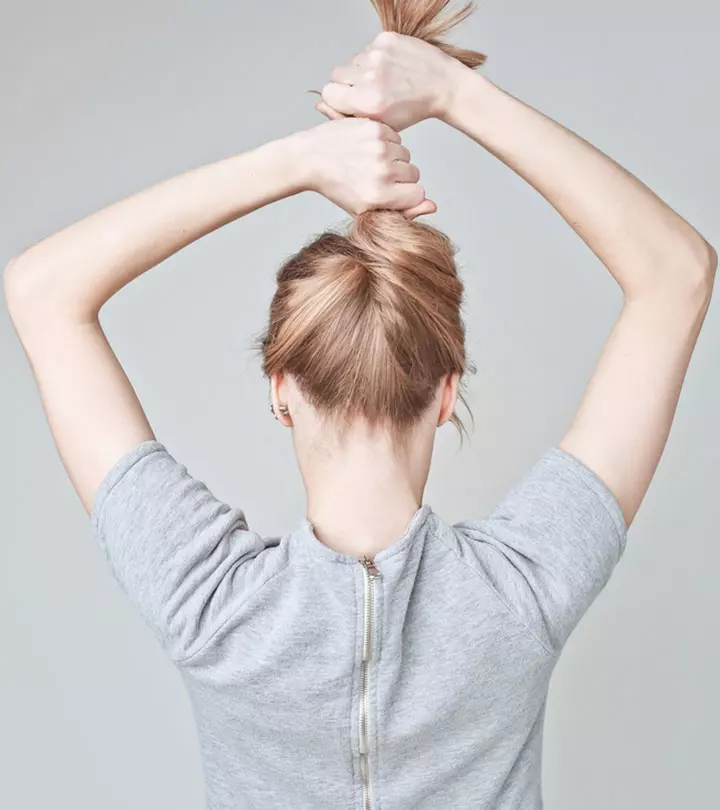
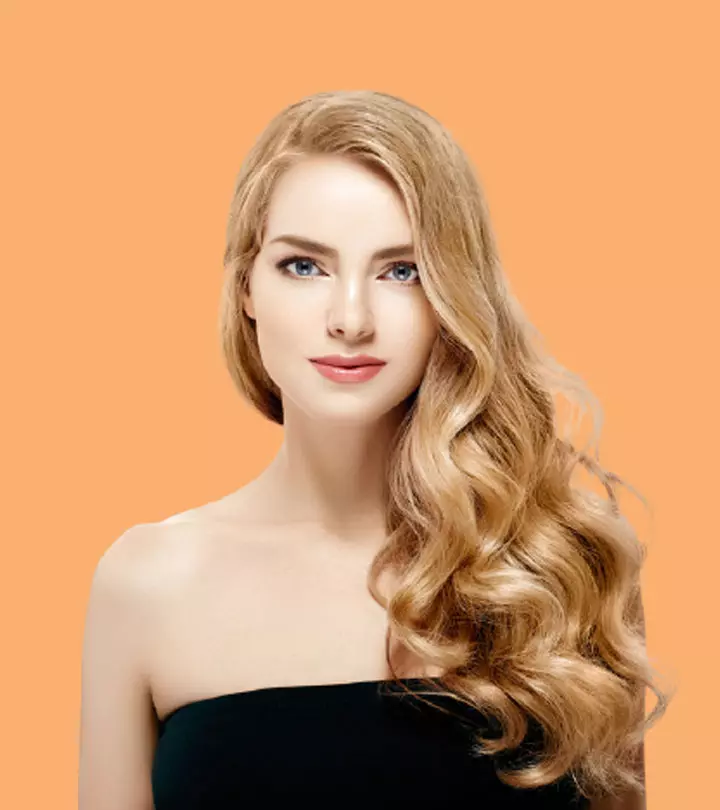
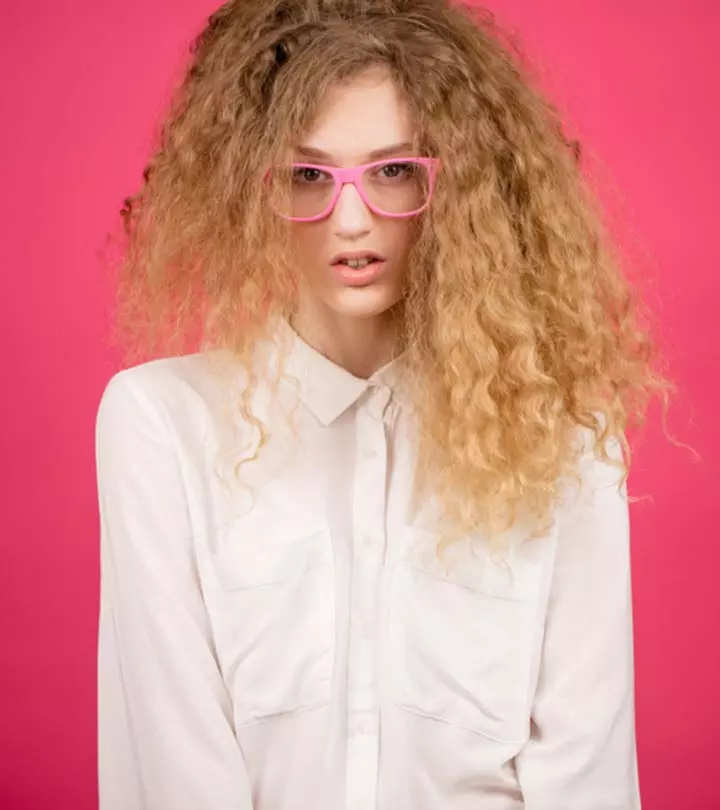
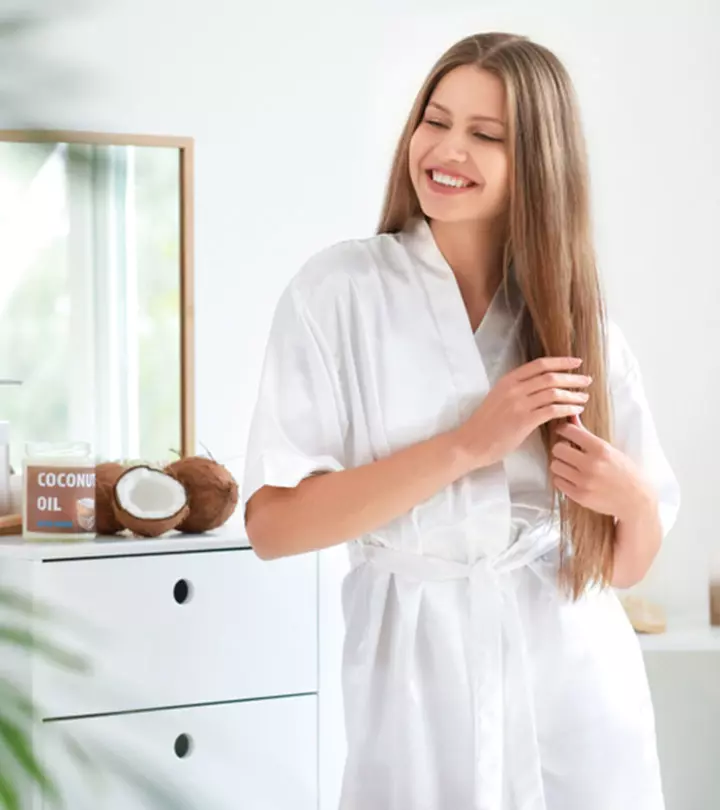

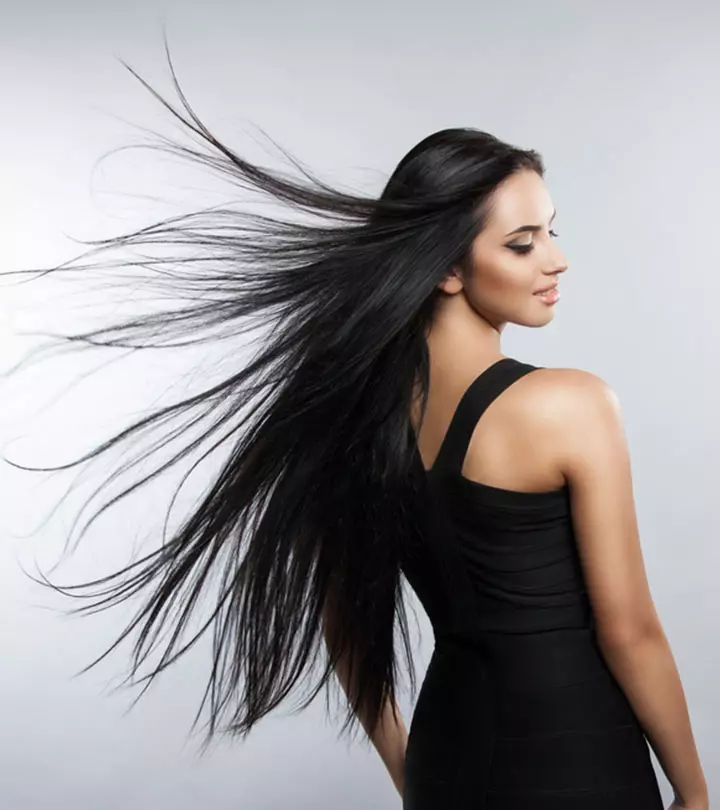
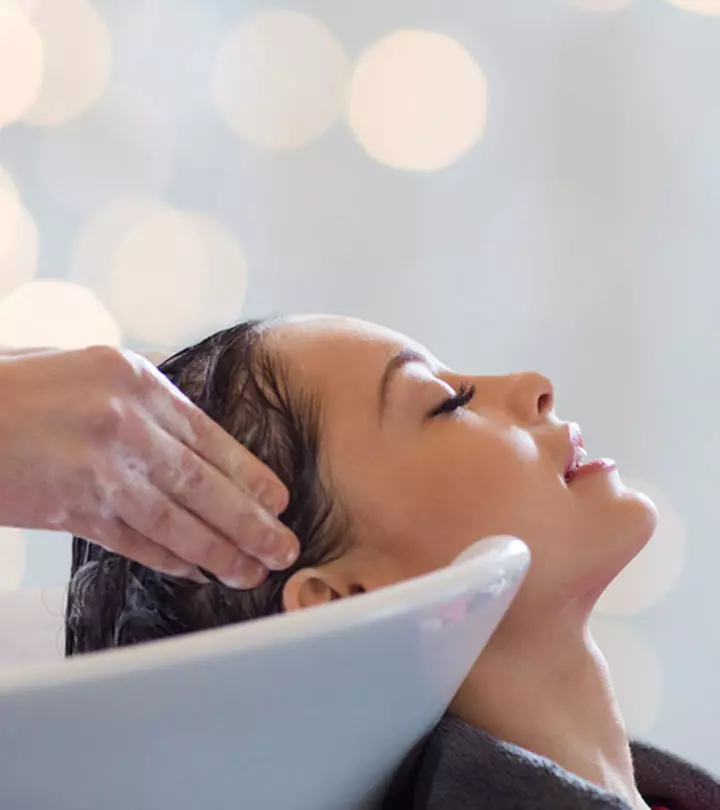
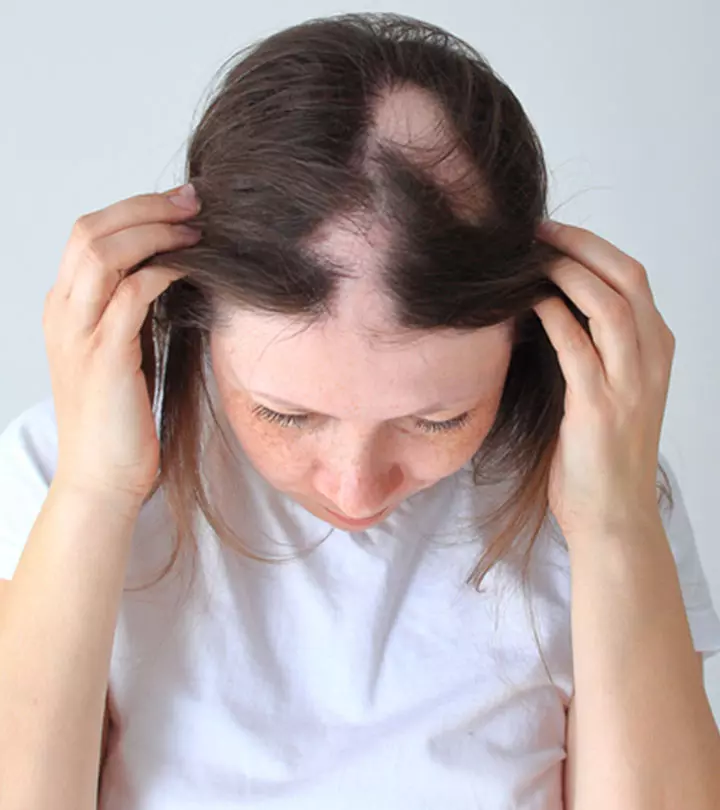
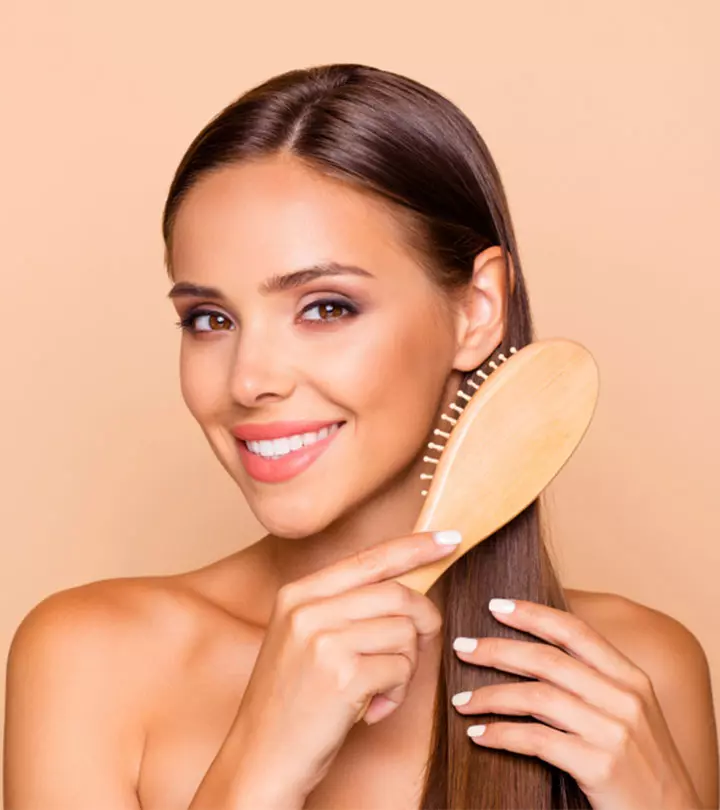
Community Experiences
Join the conversation and become a part of our empowering community! Share your stories, experiences, and insights to connect with other beauty, lifestyle, and health enthusiasts.